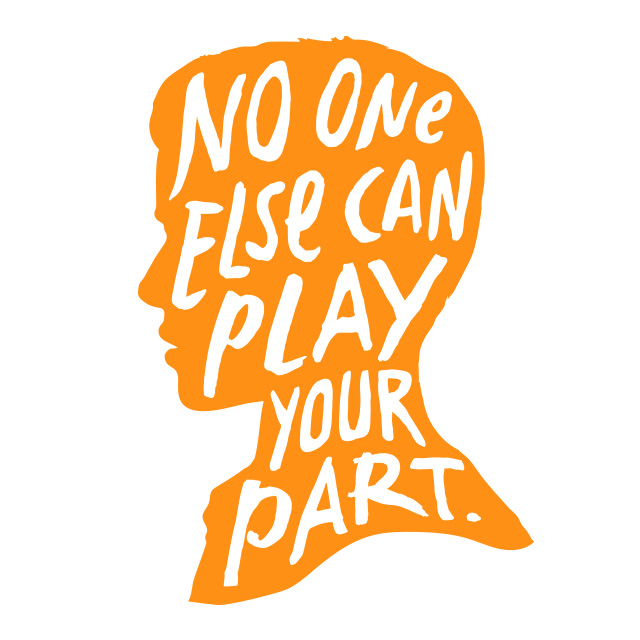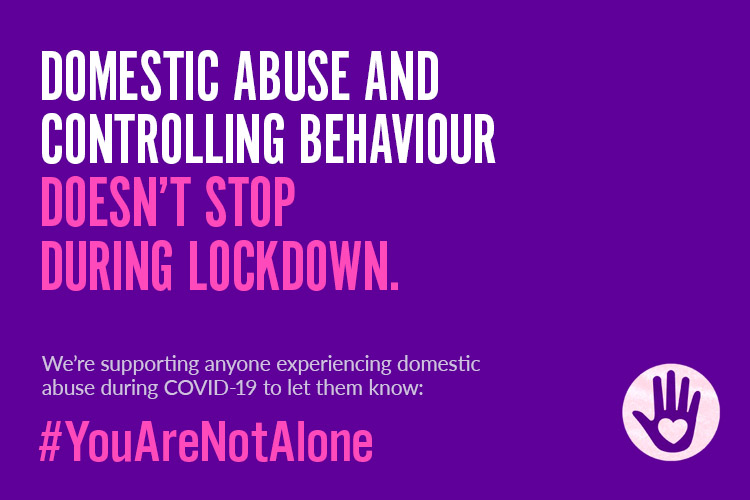All around the world today, people are reaching out to save lives.
According to the World Health Organization, WHO, report: Preventing Suicide: A Global Imperative, over 800,000 people die across the world each year as a result of suicide.
World Suicide Prevention Day, WSPD, aims to combat this through raising awareness, as well as offering support to prevent people from deciding that suicide is the only course of action.
Someone may choose to take their own life for many reasons, financial difficulty, family breakdown, or even job dissatisfaction. Regardless of the reason, it’s hard to imagine the extreme psychological pain that results in someone committing suicide.
Although we are unable to pinpoint the exact figure, we do know that each individual suicide is a tragic loss of life. Since 2003, WSPD has taken place on 10th September each year serving as a call to action to individuals and organizations to prevent suicide, this year, the same applies.
WSPD aims address the stigma of mental health, build resilient communities and ultimately prevent people from taking their own lives. We each have a part to play in this world epidemic and here are a few ways in which you can support the initiative.
Reach out to someone who is struggling
The act of showing support to someone who may be vulnerable can be life changing. Asking someone whether they are OK, listening to what they have to say in a non-judgmental way, and letting them know you care, can all have a significant impact. Isolation increases the risk of suicide, and, conversely, having strong social connections is protective against it, so being there for someone who has become disconnected can be life-saving.
Reach out to those who have been bereaved by suicide
Suicide is devastating for families, friends and community members who are left behind. They may experience a whole range of emotions, including grief, anger, guilt, disbelief and self-blame. They may not feel that they can share these overwhelming feelings with anyone else. Therefore, reaching out to those who have lost someone to suicide is very important.

Offering support may help to combat suicide.
Reach out to put people in touch with relevant services
Although the support of friends and relatives is crucial for people who may be at risk of suicide and for people who have lost someone to suicide, it is not always enough. Often more formal help is also needed. Such help can take many forms, and is likely to vary from country to country. In high-income countries, it may include specialist mental health services and primary care providers, both of which offer clinical care. It may also include a range of community organisations which provide non-clinical support, as well as support groups and self-help groups. In low- and middle-income countries, the more clinically-focused services are less readily available, and there is a heavier reliance on community organizations. Part of reaching out to vulnerable individuals can involve helping to link them to relevant services.
Reach out to the suicide prevention community
There is strength in numbers. Around the globe, many individuals and organisations are involved in efforts to prevent suicide. We can learn from each other, and strengthen the evidence base for effective interventions. Reaching out to those who are travelling the same road increases the likelihood that our collective efforts to reduce the numbers of people who die by suicide, and the numbers of people for whom these deaths have shattering effects, will be successful.
Warning signs
Sometimes there may be obvious signs that someone is at risk of attempting suicide. However, this is often not the case.
A person may be at high risk of attempting suicide if they:
- threaten to hurt or kill themselves
- talk or write about death, dying or suicide
- actively look for ways to kill themselves, such as stockpiling tablets.
If you are feeling suicidal, there are people you can talk to who want to help:
- speak to a friend, family member or someone you trust as they may be able to help you calm down and find some breathing space
- call the Samaritans 24-hour support service on 08457 90 90 90
- go to, or call, your nearest accident and emergency (A&E) department and tell the staff how you are feeling
- contact NHS 111
- make an urgent appointment to see your GP.
If you are struggling with suicidal thoughts or know some that maybe, don’t allow yourself or them to suffer in silence.




